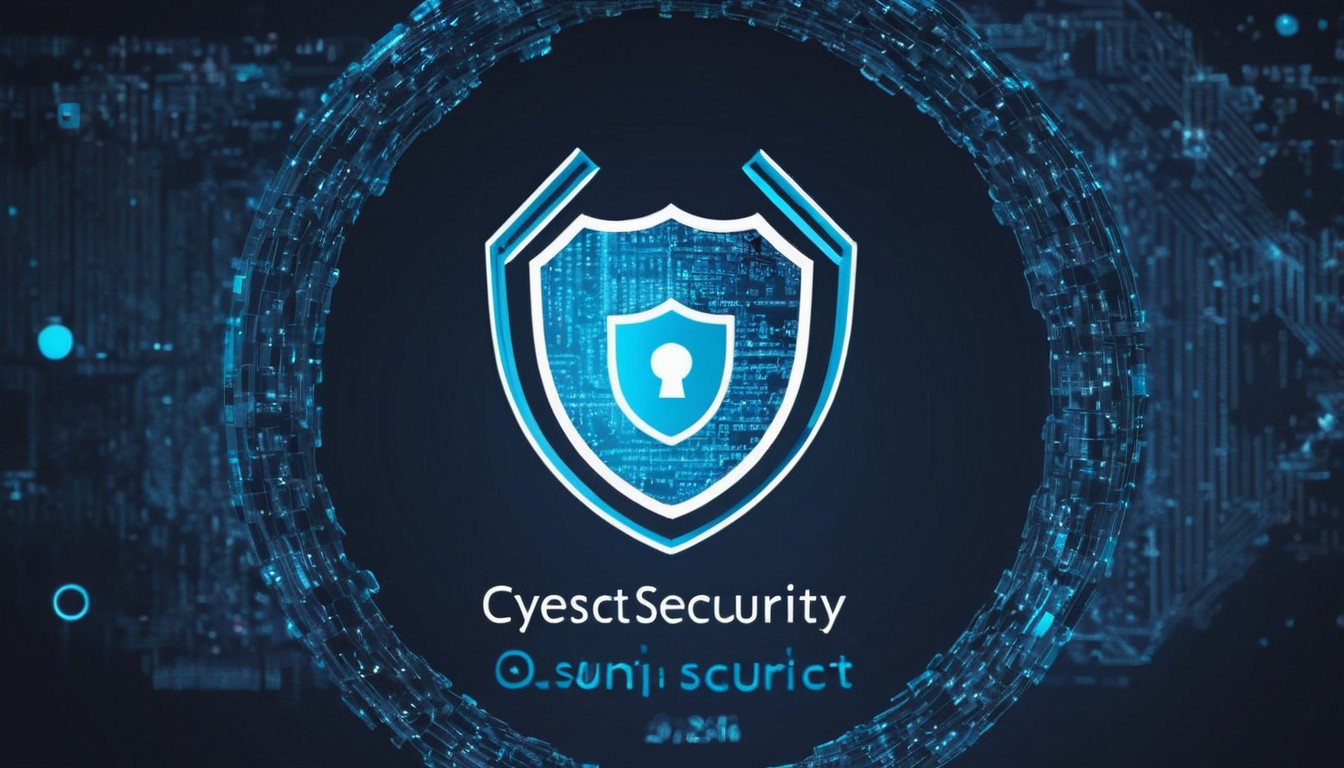Vulnerability assessments play a pivotal role in fortifying defenses against potential threats. As organizations embrace the importance of identifying and addressing vulnerabilities, ethical considerations become paramount. SafeNet, your ethical cybersecurity partner, recognizes the critical need for responsible and principled vulnerability assessments. In this blog post, we’ll explore the ethical considerations that guide SafeNet’s approach to vulnerability assessments and why they are integral to fostering a secure digital environment.
I. The Significance of Vulnerability Assessments: Vulnerability assessments are systematic evaluations that identify weaknesses in an organization’s security posture. These assessments serve as a proactive measure to address potential vulnerabilities before they can be exploited by malicious actors. SafeNet, with its expertise in cybersecurity, takes a principled approach to vulnerability assessments, ensuring that ethical considerations are at the forefront of every engagement.
II. Ethical Considerations in Vulnerability Assessments:
- Informed Consent: SafeNet emphasizes the importance of obtaining informed consent from the organization before conducting vulnerability assessments. This ensures that all stakeholders are aware of the assessment’s scope, objectives, and potential impact.
- Minimizing Disruption: Ethical vulnerability assessments prioritize minimizing disruption to the organization’s operations. SafeNet employs techniques that ensure security evaluations do not negatively impact critical systems or impede regular business activities.
- Privacy Protection: SafeNet places a high value on protecting the privacy of individuals and sensitive data during vulnerability assessments. Ethical considerations guide the process to avoid the unintentional exposure or compromise of private information.
- Clear Reporting: SafeNet’s ethical approach extends to transparent and clear reporting of vulnerabilities discovered. Reports detail identified weaknesses, potential impacts, and recommended remediation strategies, providing organizations with the information needed to secure their systems.
III. SafeNet’s Commitment to Ethical Vulnerability Assessments: SafeNet’s ethical considerations are deeply embedded in its approach to vulnerability assessments, ensuring that assessments are conducted responsibly and with integrity:
- Collaborative Engagement: SafeNet collaborates closely with organizations, fostering a partnership that prioritizes mutual understanding, transparency, and shared goals throughout the vulnerability assessment process.
- Continuous Communication: Ethical vulnerability assessments demand ongoing communication. SafeNet maintains open lines of communication with organizations to address any concerns, clarify objectives, and ensure a collaborative and constructive engagement.
- Education and Awareness: SafeNet believes in raising awareness and educating organizations about the importance of ethical considerations in vulnerability assessments. By fostering a culture of ethical cybersecurity, SafeNet empowers organizations to integrate responsible practices into their cybersecurity strategies.
IV. The Future of Ethical Vulnerability Assessments: As technology evolves, so do the ethical considerations surrounding vulnerability assessments. SafeNet remains committed to staying at the forefront of ethical cybersecurity practices, adapting and refining its approach to address emerging challenges and changes in the cybersecurity landscape.
SafeNet stands as a beacon of ethical integrity. Vulnerability assessments, guided by ethical considerations, become not just a security measure but a responsible and principled approach to fortifying digital environments. Trust SafeNet to be your ethical cybersecurity partner, ensuring that vulnerability assessments are conducted with the highest standards of integrity, transparency, and respect for all stakeholders involved. Together, let’s build a safer and more secure digital future.





